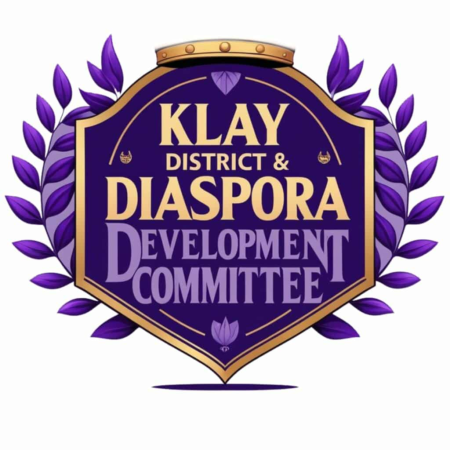The Ghanaian government, under the leadership of Health Minister Kwabena Mintah Akandoh, has initiated a significant move to address the persistent issue of delayed salary payments for healthcare professionals. During the Government Accountability Series held in Accra on July 18th, 2024, Minister Akandoh announced the commencement of salary arrears disbursement to 321 Pharmacist House Officers who completed their training in the same year. This action represents a crucial step towards resolving the chronic problem of delayed remuneration that has plagued newly qualified health professionals in Ghana for an extended period, causing financial hardship and impacting morale. The Minister acknowledged the challenges faced by these young pharmacists who have diligently served the country during their housemanship, only to be met with months of financial uncertainty due to unpaid entitlements. He emphasized the Mahama administration’s commitment to breaking this cycle of neglect and ensuring timely compensation for healthcare workers.
Beyond addressing the immediate concern of salary arrears, the Ministry of Health is actively pursuing a broader strategy to strengthen the health workforce. Minister Akandoh revealed a plan to absorb over 1,600 qualified pharmacists into permanent employment positions. This initiative aims to address the existing backlog of qualified professionals waiting for permanent placements, thereby optimizing the utilization of Ghana’s growing pool of trained healthcare personnel. The recruitment drive signifies a proactive approach to workforce planning and demonstrates the government’s commitment to improving the overall capacity and effectiveness of the healthcare system. By providing stable employment opportunities, the government aims to retain skilled professionals within the country and prevent brain drain, further bolstering the quality of healthcare services.
The combined actions of disbursing salary arrears and initiating the recruitment of a substantial number of pharmacists form part of a comprehensive health sector reform agenda. This broader strategy aims to dismantle systemic bottlenecks that have historically hampered Ghana’s ability to effectively utilize its trained health professionals. These bottlenecks include bureaucratic delays in processing appointments, budgetary constraints impacting recruitment, and a lack of clear career progression pathways within the health sector. By tackling these underlying issues, the government intends to create a more efficient and sustainable healthcare system that can optimally leverage the expertise of its trained professionals.
Minister Akandoh’s announcement signifies a renewed focus on addressing a long-standing injustice within the health sector: the underutilization and underpayment of qualified professionals despite persistent staffing shortages in hospitals and clinics across Ghana. This issue has far-reaching implications for the quality of healthcare services provided to the population. Understaffing leads to increased workloads for existing healthcare workers, potentially compromising the quality of care and contributing to burnout. Furthermore, the inability to attract and retain skilled professionals due to delayed salaries and limited employment opportunities weakens the overall health system, hindering its ability to effectively address public health challenges.
The government’s commitment to clearing the backlog across all health worker cadres highlights a broader recognition of the interconnectedness of various healthcare professions. Ensuring that every qualified professional has the opportunity to serve and contribute to Ghana’s health system is vital for achieving universal health coverage and improving health outcomes for all citizens. This holistic approach acknowledges that a strong healthcare system requires a well-trained and adequately compensated workforce across all disciplines, from pharmacists and doctors to nurses and allied health professionals.
The initiatives announced by Minister Akandoh represent a significant step towards creating a more equitable and efficient healthcare system in Ghana. By addressing the immediate concerns of delayed salaries and pursuing a proactive recruitment strategy, the government is investing in the future of its healthcare workforce. These actions demonstrate a commitment to not only resolving past injustices but also to building a stronger and more sustainable health system that can effectively serve the needs of the Ghanaian people. The long-term success of these initiatives will depend on sustained commitment from the government, effective implementation strategies, and ongoing dialogue with healthcare professionals to ensure that the reforms address the root causes of the challenges facing the sector.














